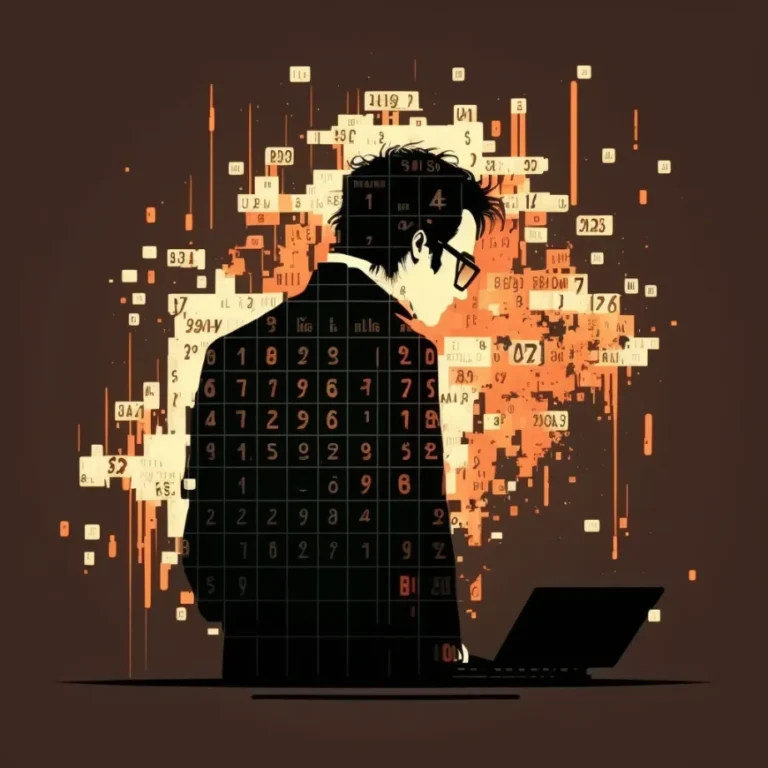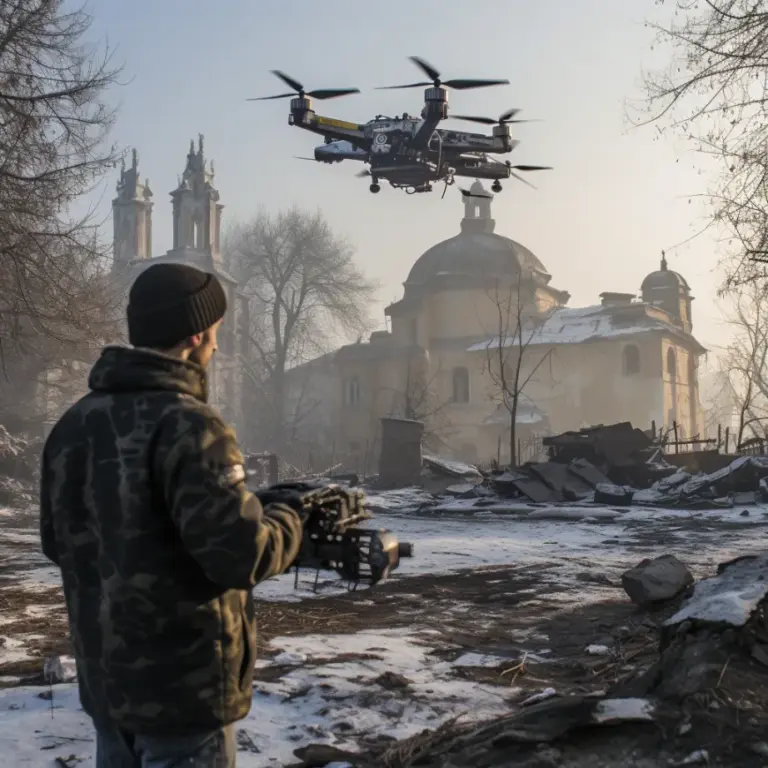European influence in cyber conflict studies is growing

Cyber conflict has come to pose a significant challenge to global security, giving rise to an academic field dedicated to its study. Our forthcoming article in International Affairs explores this academic landscape by asking how the field of cyber conflict studies has evolved, what its defining characteristics are, and what implications these have for policy.
To address these questions, we conducted a systematic review of relevant literature from the top 125 journals in Political Science and International Relations. Our analysis reveals a marked Europeanisation of the field, greater diversification of topics, and a shift toward more rigorous methodologies, notably experimental designs.
Shifting research
The discourse within cyber conflict studies has shifted from traditional concerns like cyber warfare and deterrence to encompass a broader array of themes, such as cyber governance and the socio-political impacts of cyber operations. This shift reflects a growing scepticism about the likelihood of outright cyber warfare, prompting scholars to explore the subtler aspects of cyber operations. Topics now include the role of cyber operations in intelligence gathering, the norms governing cyber activities, and the implications of cyber incidents on international law. This diversification is not merely academic; it directly impacts how policies are developed, moving towards a more nuanced understanding of cyber threats that transcend simple narratives of conflict and defence.
The impact of Europeanisation
A notable Europeanisation has accompanied the expansion and shifting focus of cyber conflict studies. This phenomenon is characterised by a relative decline in output from traditional centres like the United States and the United Kingdom, contrasted with a rise in contributions from continental Europe. More specifically, from 2019 onwards, the representation of UK authors per paper dipped below that of the rest of Europe for the first time and has remained lower ever since. By 2021, nearly an equal proportion of scholarship was generated by scholars affiliated with institutions in Continental Europe compared to those in North America and the United Kingdom. One possible explanation could be that US academia initially focused on cyber conflict issues ahead of Europe. However, it is now shifting more rapidly towards exploring other emerging technologies, like AI.
European scholars have often approached cyber conflict from broader, less militaristic perspectives, influencing the field’s thematic direction. Themes typically linked with strategic studies are primarily investigated by scholars affiliated with institutions in the United States or the United Kingdom. In contrast, European scholars more frequently examine topics like securitisation, governance, discourse, and norms. Other ‘European’ topics, such as intelligence, may not have such straightforward explanations. However, the presence of a few individuals with a significant research output based in Europe could potentially account for this outcome. For example, our colleague Lennart Maschmeyer at ETH Zurich published several articles in high-impact journals on cyber operations and the role of subversion.
This Europeanisation has enriched the field by integrating diverse viewpoints and theoretical approaches that challenge and expand the conventional boundaries set by earlier, more US-centric research. The integration of European perspectives has fostered a more diverse dialogue within the field, underscoring the importance of varied academic contributions to the understanding of complex, transnational issues like cyber conflict.
The rise of quantitative studies
Alongside thematic shifts, cyber conflict studies have experienced a significant methodological evolution. There is a growing emphasis on quantitative research and experimental designs, which potentially reflects a broader academic push towards empirical rigour and replicability.
Quantitative methods, such as surveys and controlled experiments, have provided new insights into patterns, impacts, and perceptions of cyber threats, counterbalancing the traditionally qualitative and conceptual approaches that dominated the field’s early years.
While enriching the field, this methodological shift also presents challenges, as it may overshadow deeper, theory-driven explorations of cyber conflict that can offer critical insights into the dynamics of cyber interactions. Balancing these methodological approaches will be crucial for maintaining the field’s depth and relevance.
Charting the future of cyber conflict studies
Cyber conflict studies have emerged as a vital interdisciplinary field, reflecting the complex dynamics of modern security challenges. As the field matures, embracing a diverse range of methodologies and perspectives, including qualitative insights and global viewpoints, is essential to capture the multifaceted nature of cyber threats fully.






